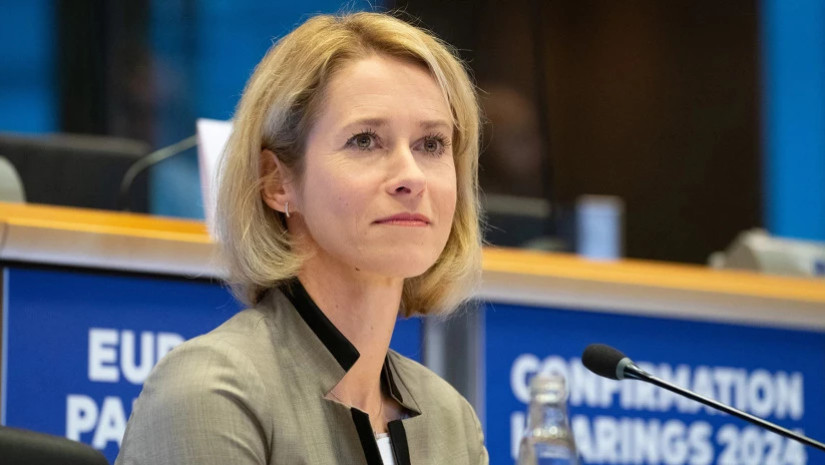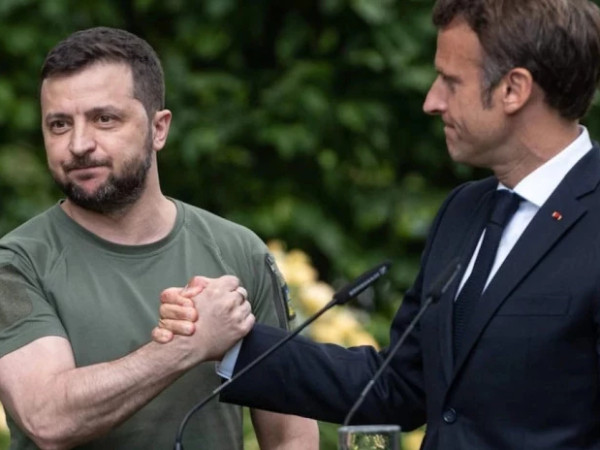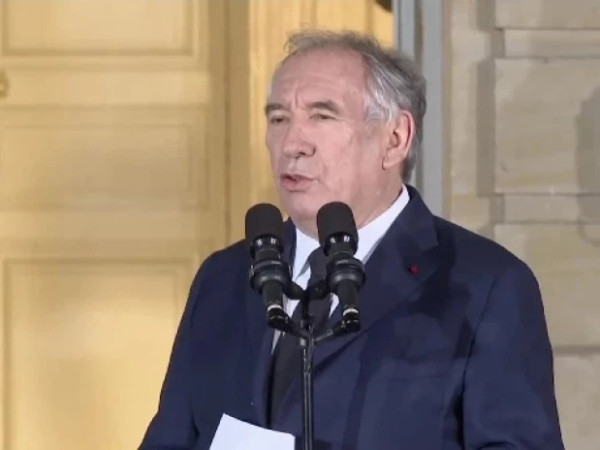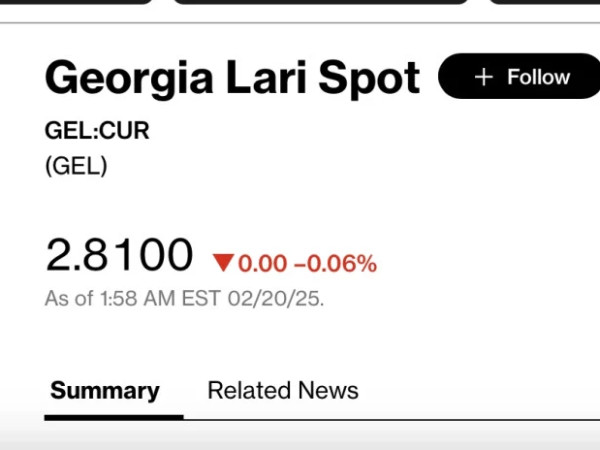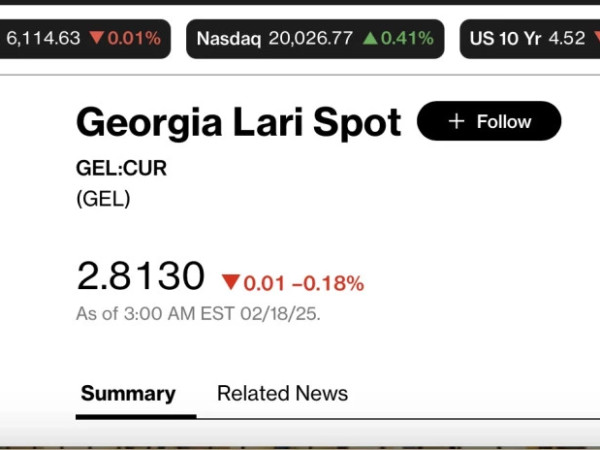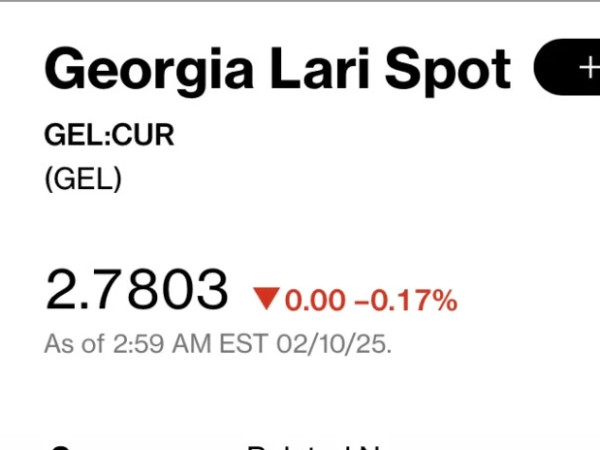Kaja Kallas, High Representative of the European Union for Foreign Affairs and Security Policy, believes that sanctions are a trump card against Russia and, therefore, the European Union should not abandon them.
Kallas was asked in an interview with Euractiv, what the EU would do if the US lifted sanctions against Russia.
"It is not wise to give up the strong card that we have in our hands. Why do the Russians want the lifting of sanctions? Because they hurt them and they want to go back to business as usual. This is the strong card that we have in our hands and we shouldn't give it away," she said.
Kallas stressed that the EU should not underestimate its strength, pointing out that the Russian economy is in a "very bad situation".
"Their [Russian] national fund is almost completely depleted and their national bank interest rate is over 20%, which is, by the way, worse than Haiti's. They can't raise capital outside because of the [Western] sanctions. They don't get the same revenues from oil and gas that they used to and their employment market is in a really bad place," the EU diplomacy chief noted.
Kallas added that Russia seeks to project an image of strength, but it is not as powerful as it claims.
"Let's not walk into the Russian traps," she concluded.
After the talks between Russia and the US, the US State Department reported that the delegations agreed to "address irritants" in bilateral relations and continue to work on preparing negotiations on Russia's war against Ukraine.
In particular, they agreed to appoint high-level groups for negotiations on Ukraine.
On the same day, US Secretary of State Marco Rubio stated that all parties must agree on the terms of a peaceful settlement between Russia and Ukraine, suggesting that this could serve as grounds for the EU to lift sanctions against Russia.
Later, Bloomberg reported, citing sources familiar with the matter, that Rubio had reassured European allies that the US would uphold sanctions against Russia at least until an agreement was reached to end the Russo-Ukrainian war.







